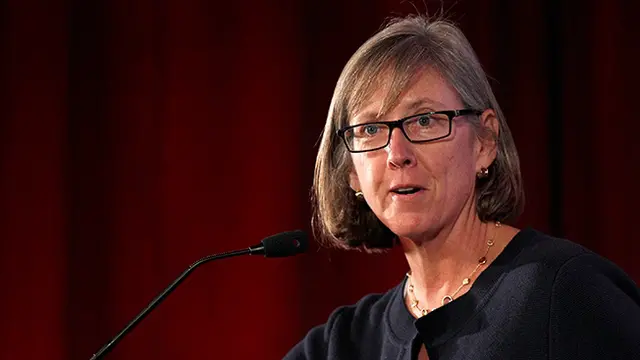People across Thailand on Sunday kicked off their three-day merrymaking for the water-splashing Songkran festival, or the Thai New Year, under little, if any, shadow of the prolonged political tension.
Thousands of people in all age groups and from numerous countries crammed into Silom road in downtown Bangkok, one of the major venues designated for celebrating the festival.
Marching along the road, the people, many of them in festive costumes, keep firing water cannons of various sizes and shapes at anyone they see, strangers or friends alike. Some even use long hoses.
Music is being played out loud, mixed with laughing and cheering.
Vendors have lined both sides of the road, selling all sorts of Songkran-themed objects, including water cannons, buckets, waterproof bags, costumes, ornaments and food.
Smearing a kind of white-color powder on the face is also part of the fun. Nobody is able to walk past the road without getting soaked from head to toe or powder on their faces.
In Thai traditions, water is considered a symbol of purity, joy and prosperity. During the Songkran festival, a most significant Thai occasion that lasts from April 13 to 15, people are accustomed to splashing water on one another to rinse away misfortune and vice.
Festive activities are taking part in every corner of the capital and the rest of the country, especially renowned tourist destinations such as Bangkok's Khaosan road, known as the backpackers' paradise, as well as Chiang Mai, Phuket, Hat Yai and Pattaya.
The Tourism Authority of Thailand (TAT) earlier announced to spend around 20 million baht (620,000 U.S. dollars) to arrange Songkran activities in 13 provinces.
The TAT estimated that 4.5 million Thai and foreign tourists would join celebrations nationwide, which would bring in about 47 billion baht in tourist revenue.
Twelve roads in Bangkok will be temporarily closed from Sunday evening until Tuesday to provide safe venues for Songkran revelers, Traffic Division Commander Jirasan Keawsaeng-Ake said.
At the city's Lumpini Park, the main rally site of anti- government protesters, tourists are allowed to enter during the festival, but for security concerns, they cannot bring in their own water or water cannons.
Few protesters inside the park are splashing water. Many are resting and chatting. Some security guards dance a little to the music now and then, though.
Protest leader Suthep Thaugsuban has promised that protesters would take a break from April 12 to 15 to celebrate the Songkran -- no rallies of any kind will be staged.
Suthep and his supporters conducted a merit-making ceremony at the park and offered food to monks in the morning.
Thai caretaker Prime Minister Yingluck Shinawatra also took part in a merit-making ceremony in northern Chiang Mai province and reportedly offered food to 109 monks.
Yingluck said she wished the Thai people and the country would overcome all setbacks in the end and embrace the good.
Giving food offerings to monks, getting together with families and releasing fish and birds are also important Songkran rituals. Besides Thailand, Songkran is also celebrated in Cambodia, Laos, Myanmar and southern China.
 简体中文
简体中文



